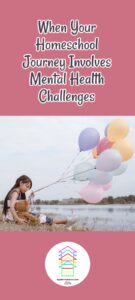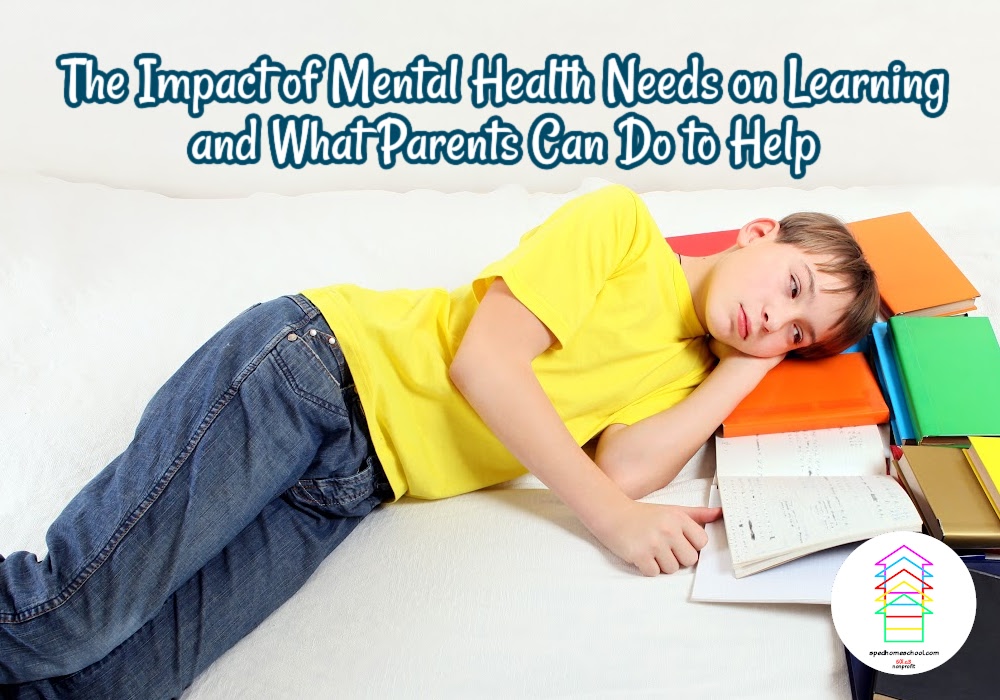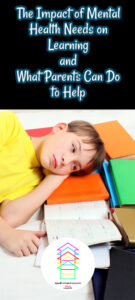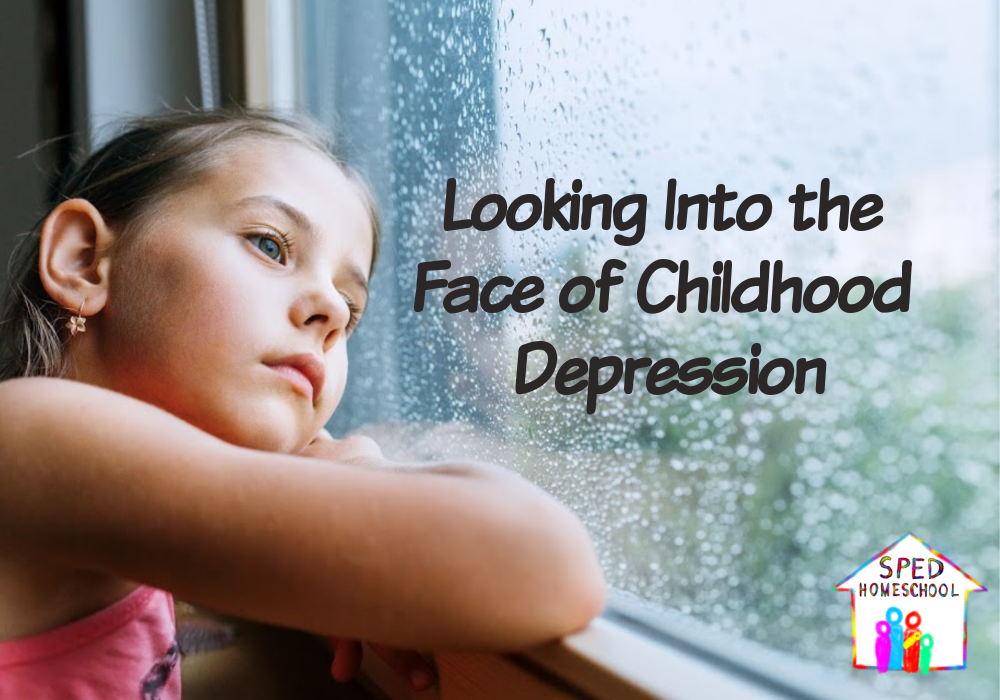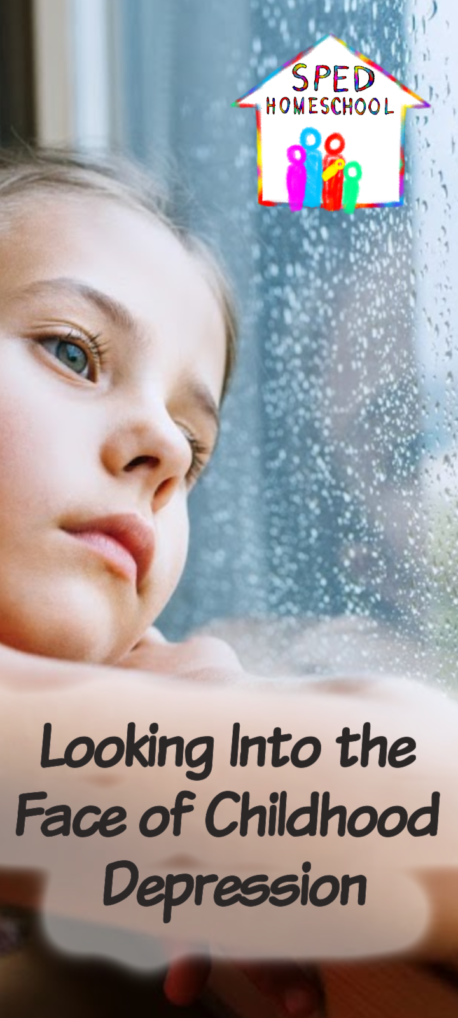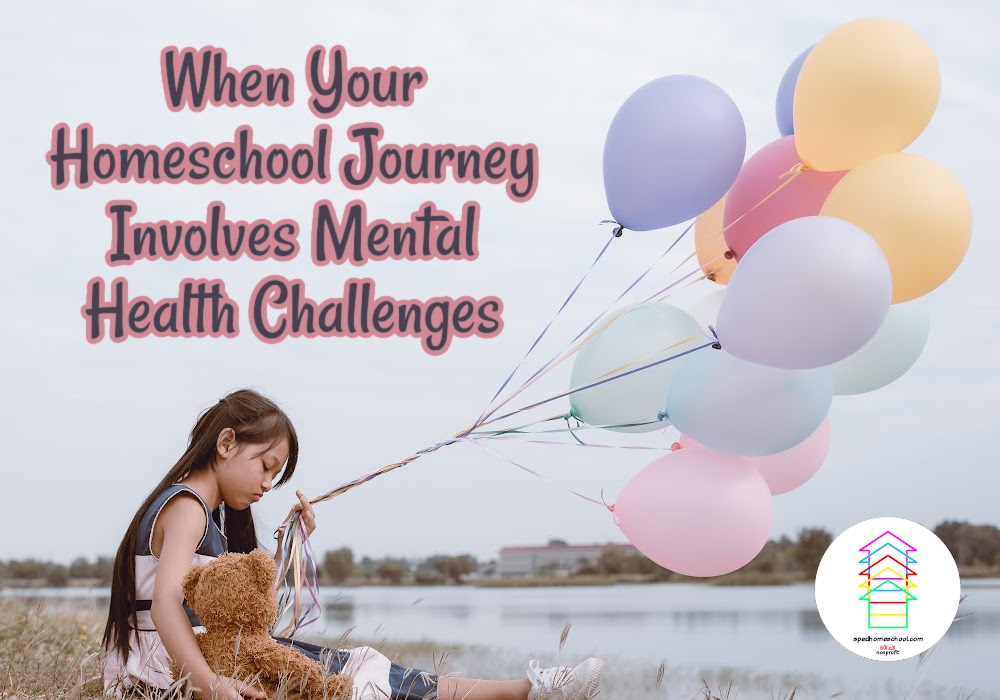
by Natalie Vecchione, from FASD Hope
Note–I’m writing this article as a parent advocate. I am not a medical professional nor a clinical expert. I am not providing any medical or legal advice and I do not intend this to replace clinical or medical counsel. This post is for informational purposes only. This post does not take the place of professional counseling or medical help.
Since 1949, May has been established as Mental Health Awareness Month, a time to raise awareness about mental health, provide support, fight stigma and advocate for the millions of children, teens, and adults with mental illnesses (source NAMI.com). Mental Health is critical to overall health. Just as you would not let an individual with diabetes or asthma go untreated, it’s important to seek evaluation, treatment, and accommodations of those with mental health disorders.
Children and youths with complex needs are those between the ages 5-21 who have both a developmental or intellectual disability and a mental health diagnosis. The prevalence of those with both a developmental disability (DD) or intellectual disability (ID) and a mental health diagnosis is much higher than you might expect. A conservative estimate of those with both a DD or ID and a mental health diagnosis is between 32-50% (socialworktoday.com). Also of note, the CDC estimates 1 in 6 children aged 2-8 years old has a mental, behavioral or developmental disorder and those statistics increase as children become adolescents. Other factors can exacerbate mental health disorders, such as trauma, having a long-term illness or a change in the home environment. Mental Health Disorders can also occur alone in children and teens who may not have other diagnoses.
What does this mean for parents? Since children and teens with special needs can be more likely to have a mental health diagnosis, it’s important for parents to be aware, informed, and prepared about their children’s mental health and where to look for support and resources. As the parent of a young adult with both a developmental disability and a mental health diagnosis, I can tell you that systemic misunderstanding, lack of resources, lack of trained professionals and stigma are daily struggles for kids and teens with complex needs and their families.
What are some things that I want you to know, as a mom of a young adult who has both a developmental disability and a mental health diagnosis who successfully completed homeschool almost 2 years ago?
- Homeschooling is a WONDERFUL accommodation for kids with developmental disabilities or brain-based diagnoses and mental health diagnoses. The complex needs of our kids can make traditional school a struggle, and homeschooling allows us to meet our kids where they are at and accommodate their needs.
- Often, what you may perceive as willful behaviors in a child or teen with a brain-based diagnosis and or mental health diagnosis are instead behavioral symptoms show dysregulation or the need for treatment, care and accommodations. It is often said that “the children and teens who need the most love and help will often ask for it in the most unloving ways”.
- I learned this the hard way. Have GRACE with your child who is coping with a mental health diagnosis. You can’t discipline a diagnosis, illness or disability! You can find medical support, treatment, medications, therapies, and accommodations.
- This journey can be very isolating. Parent support groups, peer mentors and ministries in mental health can help lessen the isolation.
- This journey is also filled with stigma. Unfortunately, many still view mental health disorders as shameful and shocking. Having a mental health disorder is a medical condition and medical conditions are to be properly treated!
- One resource that truly helped my family and myself to understand mental health, and when a situation becomes an emergency, was through taking an 8 hour “Mental Health First Aid” course. Mental Health First Aid is “a skills-based training course that teaches participants about mental health”. You can learn more at mentalhealthfirstaid.org
- Another wonderful resource has been our faith-based family therapist. Steve has walked alongside our family for the past 3 years and we are so blessed that he has helped our son, and our family, make such progress while growing in our faith and hope!
- A few of my mom friends who understand the complex needs of parenting those with developmental disabilities and mental health diagnoses and I came up with the phrase “Grace and Space”. Having grace with our children and ourselves is important! Equally important is having space for renewal. For me, it’s steeping myself in God’s Word on my quiet, front porch, or picking blueberries in the summer under my favorite overgrown blueberry “tree”. For you, it may be a cup of coffee with a trusted friend. Grace and Space.
- Homeschooling allowed us to build in those “buffer days” for when we all needed those “mental health” days. I’ve learned that our schedule looks different from other homeschool families and different is OK!
- Finally, focus on the gifts, strengths, and abilities of your children! They are treasures and it’s up to us, as their parents, to help them dig through the dark, so they may shine!
“Praise be to the God and Father of our Lord Jesus Christ, the Father of compassion and the God of all comfort, who comforts us in all our troubles, so that we can comfort those in any trouble with the comfort we ourselves receive from God.” – 2 Corinthians 1:3-4
Natalie Vecchione is a FASD parent advocate, podcaster, author… and most importantly a wife and homeschool mom of two. Natalie and her husband, John, built their family through domestic adoption. Their son, who is almost 20, lives with a FASD (Fetal Alcohol Spectrum Disorder). He graduated from homeschool as a carpentry apprentice. Their daughter is 7 and they have a much different adoption journey with her, as they are very close with their daughter’s birth family. Natalie turned her family’s unique challenges and journey with FASD from reinvention into a calling when she and her husband began FASD Hope in 2020. Natalie and her family live in Eastern North Carolina.
Natalie’s book “Blazing New Homeschool Trails: Educating and Launching Teens with Developmental Disabilities” co-written with Cindy LaJoy

